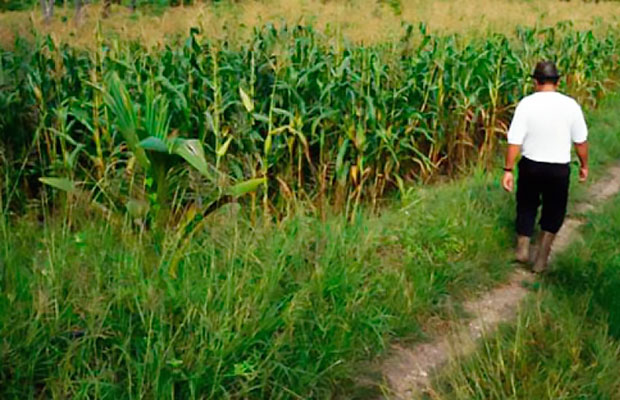
Sweetening an Industry in the Philippines
Did you know that the last time you ate a piece of chocolate – it was probably made from ingredients harvested by an exploited child laborer? In fact, the rapidly growing cocoa industry exploits an estimated 300,000 girls and boys each year. Children, forced to harvest the beans with chainsaws and machetes, work and live under deplorable conditions for little to no pay.
“In much of the world where cocoa is produced, the farmers make less than two dollars per day,” explains Father Mark Hyde, director of Salesian Missions. “It’s a poverty wage. And they’re under increasing pressure from manufacturers, who wish to keep the costs of their products low. As a result, many of them feel there’s no choice but to use child laborers. It’s not an excuse, but it’s the sad reality of the situation.”
In an effort to demonstrate a more sustainable, humane approach to cocoa production — one that benefits the entire community, economically and socially — Salesian missionaries on the island of Cebu in the Philippines have launched a new project called “A Nursery for Cocoa Plantations.”
In partnership with local farmers, they will initially plant a 500 square-meter area with 200 cocoa plants that will begin producing in a short period of time. Because the climate and soil on the island is well suited for cocoa cultivation — and because local farmers are enthusiastic about diversifying their crops with a product in high demand — it is a natural fit.
Missionaries envision a nursery that will become a laboratory of sorts, where they can train agricultural technicians to manage and expand the nursery — and where future farmers can learn the skills they need, and source the plants, to begin their own small-scale plantations. Both activities promise to increase economic opportunities for residents still struggling to recover from Typhoon Haiyan.
The ways in which nursery managers live and work will serve as a model for the humane treatment of employees. When they visit the nursery, aspiring farmers will see the dormitories, equipped with kitchens and bathrooms, and witness the safe conditions and standard hours that all staff enjoy.
“One of the goals of the project is to encourage farmers to replicate these conditions on their own plantations, so that we might — slowly but surely — end the brutal practice of child labor in this industry,” says Fr. Mark. “The nursery is a small step toward this end — but a very important one.”
Our mission helps end child labor. What’s your mission?

